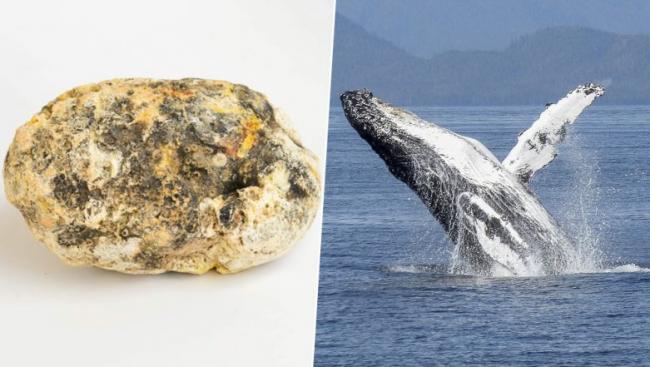Explained: What Is Ambergris And Why Is Whale Vomit Expensive?

What Is Ambergris?
Ambergris, French for grey amber, is generally referred to as whale vomit. Christopher Kemp, author of 'Floating Gold: A Natural and (Unnatural) History of Ambergris,' however, disagrees. Every day, a sperm whale consumes thousands of squid beaks. He claims that now and then, a beak finds its way into the whale's stomach and into its looping complicated intestines, where it undergoes a complex transformation into ambergris and is eventually expelled by the whale.
It's a solid waxy material that floats on the water's surface and occasionally settles on the shore.
It was described as "preternaturally hardened whale dung" by German physician Franz Schwediawer in 1783.
Is Ambergris Valuable?
This excrement is so precious that it's dubbed "floating gold." According to the latest estimates, 1 kilogramme of ambergris is worth Rs 1 crore on the international market. Its high price is due to its usage in the perfume industry, particularly in the creation of musk-like scents. It is thought to be in great demand in places with big perfume markets, such as Dubai. It was used as incense by the ancient Egyptians. It's also thought to be utilised in certain traditional medications.
What Are The Laws On Ambergris?
Ambergris has always been a target for smugglers, particularly in coastal locations, because of its high value. Gujarat's coastline has been exploited for such smuggling on numerous occasions. Hunting of the sperm whale is prohibited since it is a protected species. Smugglers are suspected of targeting the fish illegally to acquire the precious Ambergris from its stomach.
However, according to Kemp, only about 1% of sperm whales produce Ambergris.





